£6 plus book fee or pay what you can via donation. here.
Far more than book reviews, it is literary prizes that shape the afterlives of titles. Regardless of who is nominated or who wins, literary awards recognise the fact that books are a culturally important part of our lives.
In 1955, the [British] Library Association named the Kate Greenaway Medal after the beloved artist Kate Greenaway (1846- 1901) who produced fine art illustrations and books for children that have been praised by many art critics for her depictions of children in countryside settings. For nearly seven decades, the award signified quality illustrated books for those which were long listed for the Greenaway prize. In 2022, CILIP (formerly the Library Association) quietly removed her name. Hundreds of artists and illustrators protested this decision, and hundreds more authors, historians, librarians, parents, and teachers denounced the decision to replace her name on the prestigious award with a controversial industrialist.
How did Kate Greenway’s art reach and move generations of children? How do named literary prizes influence book sales and the publishing trade? Why does it seem that historical women are erased more often than men? This talk by historian and librarian, Dr Rose Roberto, will answer these questions.
Biography
Dr Rose Roberto is a part-time researcher at Northumbria University and the school librarian at All Saints Catholic High School in Sheffield. Previously, she served as a history lecturer and part-time librarian at Bishop Grosseteste University in Lincoln. She received her masters in library science at the University of California, Los Angeles, and PhD in history of the book from the University of Reading. Her current research examines the intersection of visual culture with hidden histories related to gender, race and class embedded in the transnational book trade. She co-edited Women in Print: Design and Identities (2022). She is a contributor to Circulation and Control: Artistic Culture and Intellectual Property in the Nineteenth Century(2021) and the award-winning Edinburgh History of the British and Irish Press, Vol. 2 (2020). She was also the series editor for the Art Researchers’ Guide to Manchester (2014), co-edited by former Portico Librarian, Emma Marigliano.
